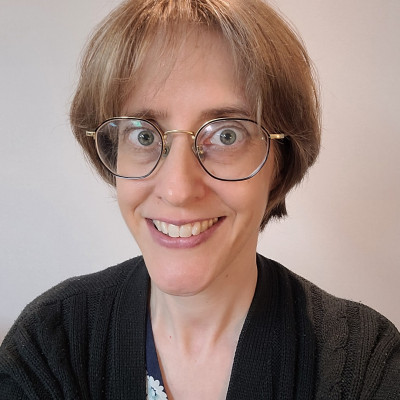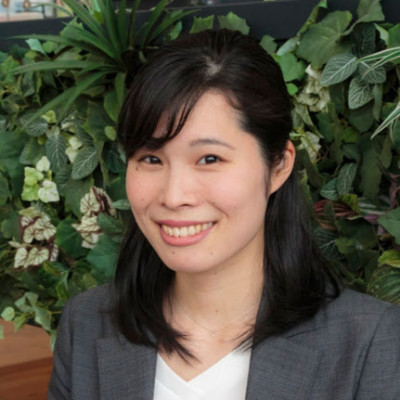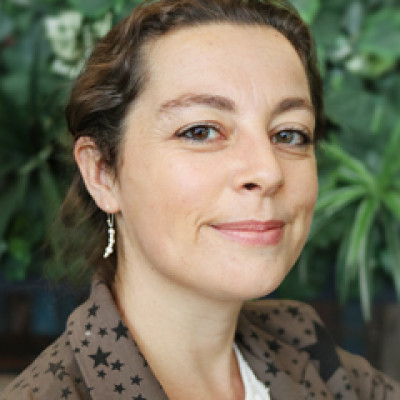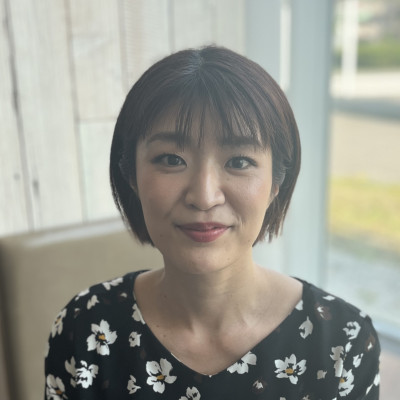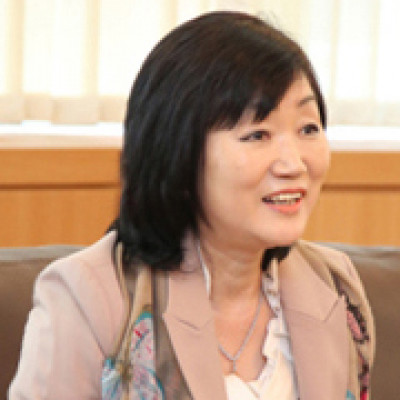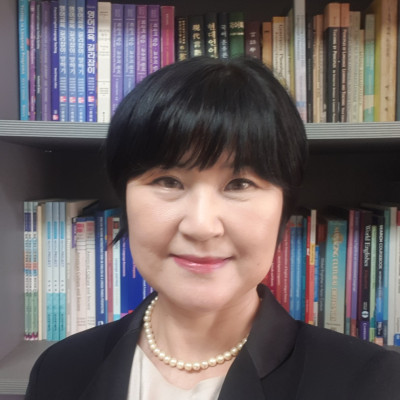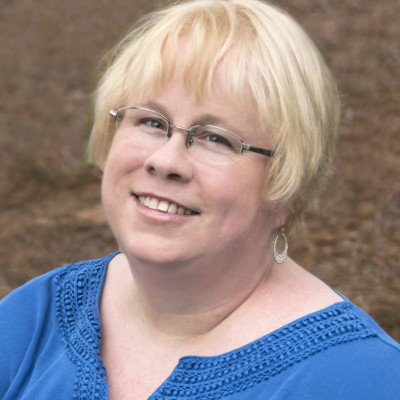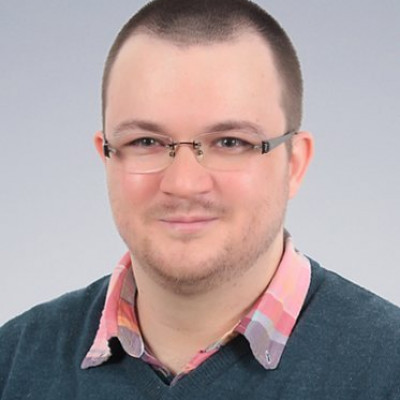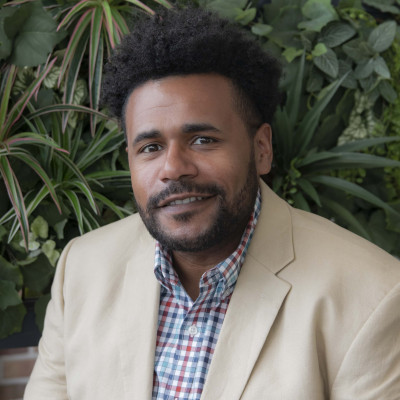Sessions / Other Issues
Meet the SIGs "Pizza Party" Lunch #3837
KOTESOL Special Interest Groups
Special Interest Groups (SIGs) are your way to connect with like-minded English teachers. Our KOTESOL SIGs have online communities on both our website and Facebook. Some also have offline activities, often in collaboration with chapters. This Meet the SIGs "Pizza Party" Lunch event at the 2023 KOTESOL International Conference will give KOTESOL members an opportunity to hear more about what SIGs have to offer. It will also allow you to ask any questions you may have. A limited number of pizza slices (2~3 pizzas, one vegetarian option), will be available to KOTESOL members on a first-come-first-served basis.
To help organizers prepare for the event, please RSVP via the link: https://forms.gle/zWeHMEy8WiTk8DtDA
Collaborative ‘kaizen’ practice for better space/material design in a Japanese SAC #3591
Self-Access Centers (SACs) are environments designed to promote learners’ autonomy, and they have been playing an important role in language education worldwide. Supporting SAC users’ needs requires continuous effort and collaboration among stakeholders. Our SAC, situated in Japan, implements a continuous improvement (‘kaizen’) practice between learning advisors, administrative staff, and student staff in managing spaces and materials. In this poster presentation, we illustrate the process by sharing a recent, on-going project where the above-mentioned stakeholders take part in discussing ideas and implementing action plans. These ideas are related to some of the currently prominent themes in language education, such as technology use/online materials, inclusiveness, and multilingualism. Practical insights we share would provide educators developing and working in learning spaces beyond the classroom with possible ways to collaborate with their partners, as well as some of the themes that might be significant to meet the diverse needs of their learners.
Where Is the Overlap?: Collaboration Points Between Higher Education and Education Companies #3597
English education is a burgeoning industry in South Korea. At the same time, universities around the world are working harder to empower second language learners on their quest to wield English in an increasingly connected world. These two fields of education have a pronounced influence over English learners in Korea, but where do they overlap? What can universities and education companies learn from each other? Most importantly, what opportunities exist for private English education companies and universities to work together to maximize the abilities of their respective students to take control of their education?
Companies that specialize in industry-specific English education have insights that can benefit university English programs. University English programs have insights that can benefit English education companies. This roundtable seeks to open a dialogue between academics and English education professionals about potential collaboration points that would ultimately benefit the learners.
KOTESOL @ 30! #3834
Special Guest Panel
Update: This session has been moved to room 204.
This year’s spring conference is the 30th international conference that is being held by Korea TESOL. It is also the 30th anniversary of KOTESOL as an organization (1993–2023). In recognition of this dual celebration, this panel will reflect back over the past 30 years to evaluate how well KOTESOL has served the ELT community as well as look forward to project what directions KOTESOL should take and what changes KOTESOL should make to best serve our ever-changing and increasingly rapidly changing ELT community. Our panelists consists of long-term KOTESOL members with distinguished leadership experience and institutional knowledge, including as national president and international conference chair.
Basic Psychological Needs Observed in a Self-Directed Learning CLIL Course #3652
In this presentation, the researchers will share findings from a research project of a CLIL course. The course focused on the facilitation of self-directed learning through the use of massive open online courses (MOOCs). Students received written advice from their instructors in their weekly learning journals and worked collaboratively with their peers, sharing ideas and realizations about their MOOC learning experiences. Through a deductive approach using basic psychological needs theory (a sub-theory of the self-determination theory (Ryan & Deci, 2017), the researchers coded the learning journals and final presentations of students (N = 15), identifying the emergence of the basic psychological needs (i.e., autonomy, relatedness, and competence). The implications shared in this presentation will be of benefit to teachers who aim to support students’ motivation, capacity for self-directed learning, and the development of learner autonomy.



